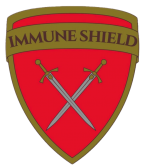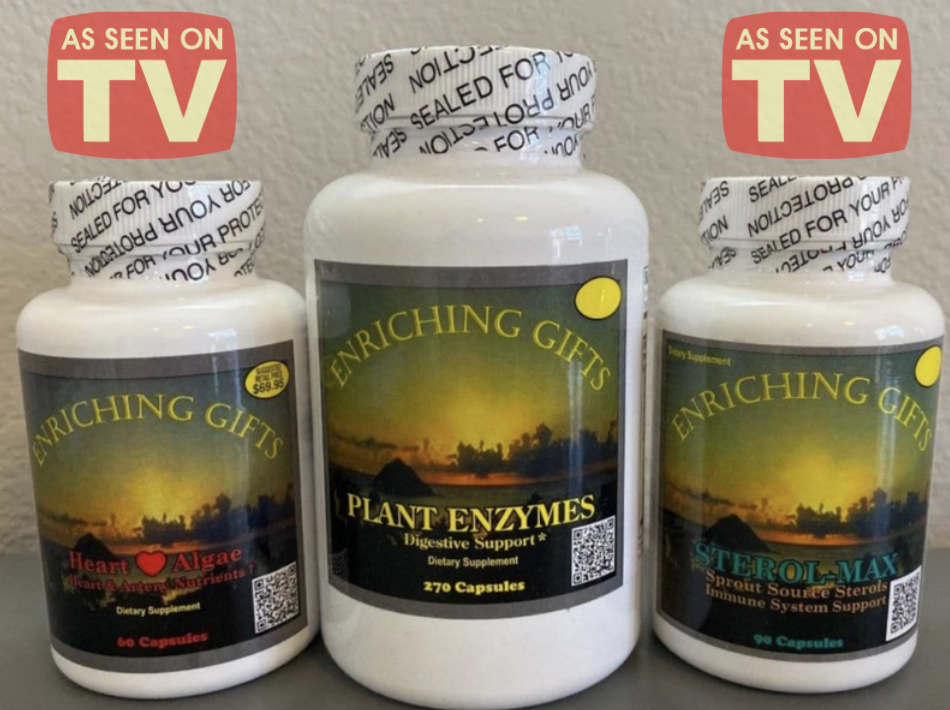Last Updated on April 28, 2021 by ImmuneshieldAdmin
The human body is composed of approximately 15 trillion cells and inside these microscopic structures are several types of macronutrients vital in all biological functions such as digestion and metabolism. One of the most essential macronutrients needed by the body is lipids.
Lipid is not just the “fats” you are trying to get rid of from your bellies. It is a large group of compounds that encompasses many types which all have roles to play in the continuance of healthy life.
One of the three major groups of lipids is sterols, an organic compound that can be derived from plants and animals, including humans, fungi, and some bacteria. It is impossible to dissolve plant sterols in water. The infamous cholesterol is a type of sterol produced by animals and humans.
Types of Plant Sterols
Sterols can be categorized into three main groups depending on their production site – phytosterols, zoosterols, fungal sterols, and bacterial sterols.
Phytosterols or commonly known as plant sterols are the naturally occurring type of lipids produced by plants. They are structurally similar to animal cholesterols. Humans are incapable of producing this type of sterols. However, they can absorb these lipids through dietary consumption. Studies show that due to structural similarity, plant sterols can compete with cholesterol during the absorption process in the human body. As a result, cholesterol levels in the blood are found to significantly decrease.
Zoosterols on the other hand are animal-produced sterols. Among the various types under this umbrella is cholesterol. Unlike the usual notion that cholesterol is unhealthy, it rather plays major biological roles in the human body. Anything in excess may lead to serious medical conditions like heart diseases. Humans can both synthesize and consume cholesterol through food.
Fungal and bacterial sterols are less popular types of sterols because they do not play any significant function in humans. Instead, these sterols are often being studied for the development of antifungal or antimicrobial drugs.
Functions of Plant Sterols in the Human Body
Humans are bombarded with negative notions against fats, oils, and cholesterols. But the truth is, humans need lipids including sterols to continue functioning. The following are the most significant functions of sterols in the body:
- Cholesterol is one of the major components of the cellular membrane that serves as the barrier between the internal and external environment. It provides the human body with protection as well as insulation.
- Vitamins like Vitamin A, D, E, and K can only be synthesized from sterols.
- The body can produce necessary chemicals like hormones, sex steroids, and bile acids from sterols.
- Sterols serve as co-factors in major biological processes like digestion and absorption.
- Sterols are highly required during the development, structure, and functioning of nerve cells especially the ones found in the brain.

